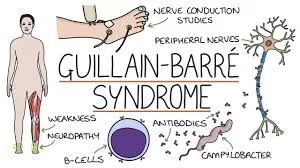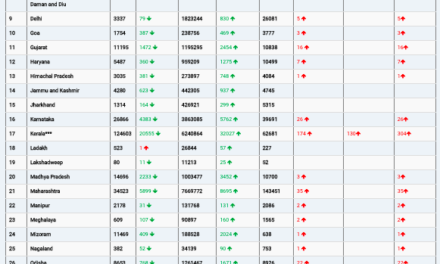Cutting-edge artificial intelligence (AI) technology developed by OpenAI, known as GPT-4 (Generative Pre-Training–Model 4), has demonstrated remarkable proficiency in diagnosing and treating patients with glaucoma and retina diseases, potentially rivaling the expertise of human ophthalmologists, according to a recent study published in JAMA Ophthalmology.
Led by Andy Huang, an ophthalmology resident at New York Eye and Ear Infirmary of Mount Sinai Hospital, the research sheds light on the transformative capabilities of AI in assisting healthcare professionals in diagnosing and managing complex eye conditions. Huang expressed his astonishment at the performance of GPT-4, stating, “The performance of GPT-4 in our study was quite eye-opening. We recognized the enormous potential of this AI system from the moment we started testing it and were fascinated to observe that GPT-4 could not only assist but in some cases match or exceed, the expertise of seasoned ophthalmic specialists.”
To evaluate GPT-4’s diagnostic capabilities, researchers compared its performance with that of 12 attending specialists and three senior trainees from the Department of Ophthalmology at the Icahn School of Medicine at Mount Sinai. Using a set of 20 questions related to glaucoma and retina disorders, along with 20 de-identified patient cases sourced from Mount Sinai-affiliated eye clinics, the study found that AI matched or even surpassed human specialists in both accuracy and completeness of medical advice and assessments.
Louis R. Pasquale, Deputy Chair for Ophthalmology Research for the Department of Ophthalmology, emphasized the surprising proficiency of AI in handling complex glaucoma and retina cases. While AI demonstrated superior performance in providing accurate diagnoses and treatment suggestions for glaucoma, it also showcased balanced outcomes in addressing retina-related queries, matching human accuracy while exceeding them in completeness.
Dr. Huang highlighted the potential impact of integrating AI into mainstream ophthalmic practice, suggesting that AI could serve as a reliable assistant to eye specialists, providing diagnostic support and potentially alleviating their workload, especially in cases of high patient volume or complexity. Moreover, the integration of AI could lead to quicker access to expert advice for patients, empowering them to make more informed decisions regarding their treatment options.
As AI continues to evolve, its role in healthcare is expanding, offering new opportunities to improve patient outcomes and enhance the efficiency of medical practice. The findings of this study underscore the promise of AI in revolutionizing ophthalmology and shaping the future of medical diagnosis and treatment.












